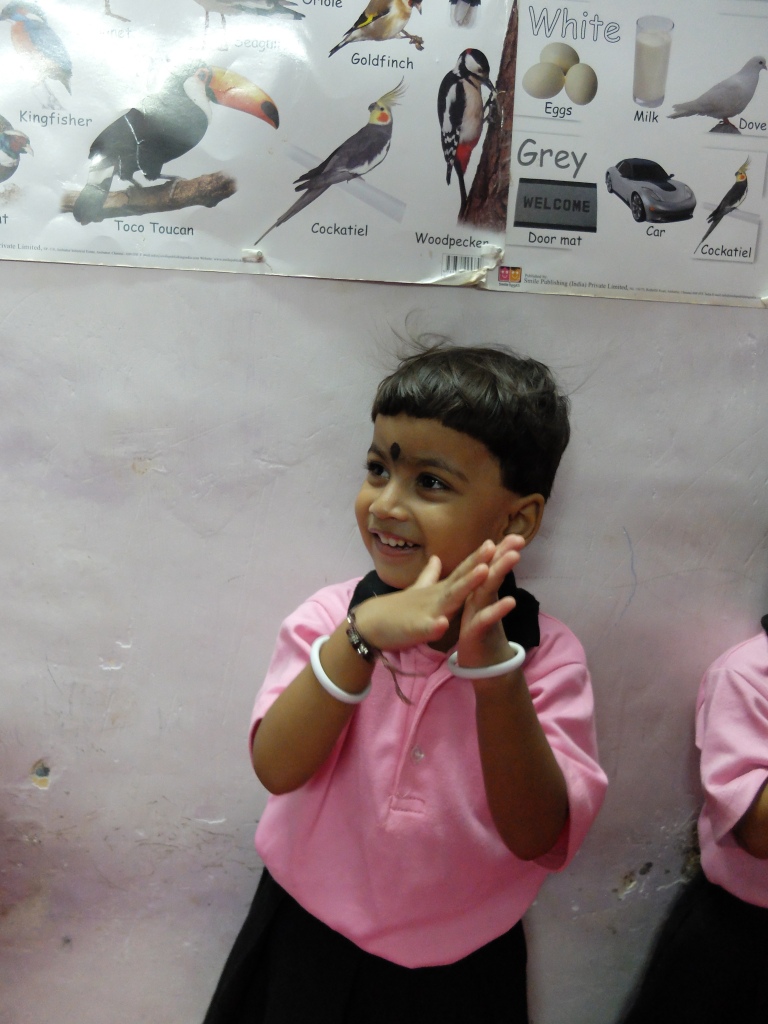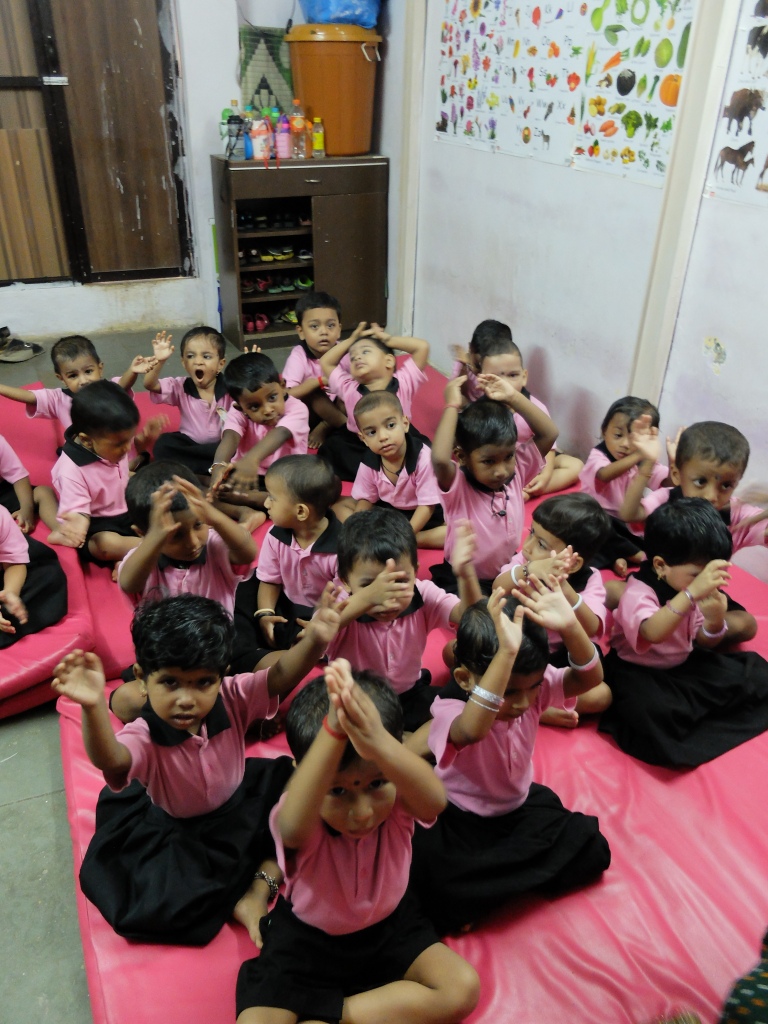Blog
Self- learning, a learning methodology at our Balwadis
“The difference between school and life – In school, you’re taught a lesson and then given a test. In life, you’re given a test that teaches you a lesson.” – Tom Bodett
Children come into the world with powerful educative instincts, which include their natural curiosity, playfulness, sociability, attentiveness to the activities around them, desire to grow up, and desire to do what older children and adults can do. Through their own efforts, with essentially no instruction, children learn to walk, run, jump, and climb. They learn from scratch their native language, and with that they learn to assert their will, argue, amuse, annoy, befriend, charm, and ask questions. Through watching, listening, questioning, and in other ways exploring, they acquire an enormous amount of knowledge about the physical and social world around them. And in their play, they continuously practice skills that promote their physical, intellectual, social and emotional development. They do all this before anyone, in any systematic way, tries to teach them anything. This amazing drive and capacity to learn does not turn itself off when children turn five or six. The experiment in the video clearly exemplifies the same. Sugata Mitra (speaker in the video) explains how children have the innate capacity to learn and teachers need to anchor towards a more ‘self-learning’ based model.
At our Balwadis, we focus on enabling learning through games and giving importance to children’s imagination and thus organize several extra-curricular activities like celebration of National festivals, Sports day and drawing competitions. In the regular classes, children learn through play, about alphabets, numbers, colors and shapes. They sing rhymes like songs and achieve their educational milestones.
Self-directed learning promotes the natural development of self-confidence, initiative, perseverance and life satisfaction. While we do not ultimately control our lives (due to many outside factors that affect us all, including genes to environmental circumstances), we are each in charge of our own life. We are responsible for making the choices that help create our own paths, certainly once we become of age. Self-directed learning greatly increases a person’s ability to make sound, intelligent, self-affirming choices when the stakes are high. The more practice people have with making their own decisions–with reading their own ideas, feelings, wants, and needs and weighing them against available options–when they are young, the more likely they are to grow into mature, sensible, healthy, productive and compassionate adults.
Recent Posts








